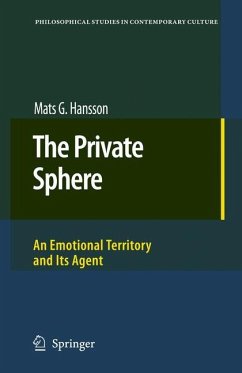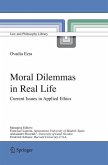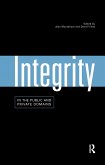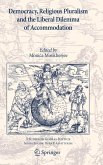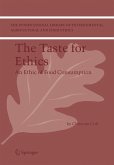The non-interference perspective is common when theorizing about the protection of the private life of individuals and their families. However, this accepted way of looking at things, leads our thoughts astray. It fails to do justice to the interests both in being left in peace but at the same time participating in a community together with other people. New methods of communications interception, video and even satellite surveillance allow insight and an entry into personal matters, but they can also be used to satisfy people's need for protection, safety and security in public places. A theory about the respect for the individual's right to a private sphere and its protection ought therefore to incorporate both these interests.
In The Private Sphere it is suggested that an emotional territory, which forms the individual's own sphere of action and experience, has developed in the course of evolution in pace with the individual's conditions of life, brought about by challenges in the natural and social environment. The starting point is the insight that the behaviour of human beings with respect to their privacy reflects in a fundamental way patterns of behaviour among social animals. The emotional territory allows a readiness to act along different lines and to maintain a multiplicity of different social relations.
In The Private Sphere it is suggested that an emotional territory, which forms the individual's own sphere of action and experience, has developed in the course of evolution in pace with the individual's conditions of life, brought about by challenges in the natural and social environment. The starting point is the insight that the behaviour of human beings with respect to their privacy reflects in a fundamental way patterns of behaviour among social animals. The emotional territory allows a readiness to act along different lines and to maintain a multiplicity of different social relations.

